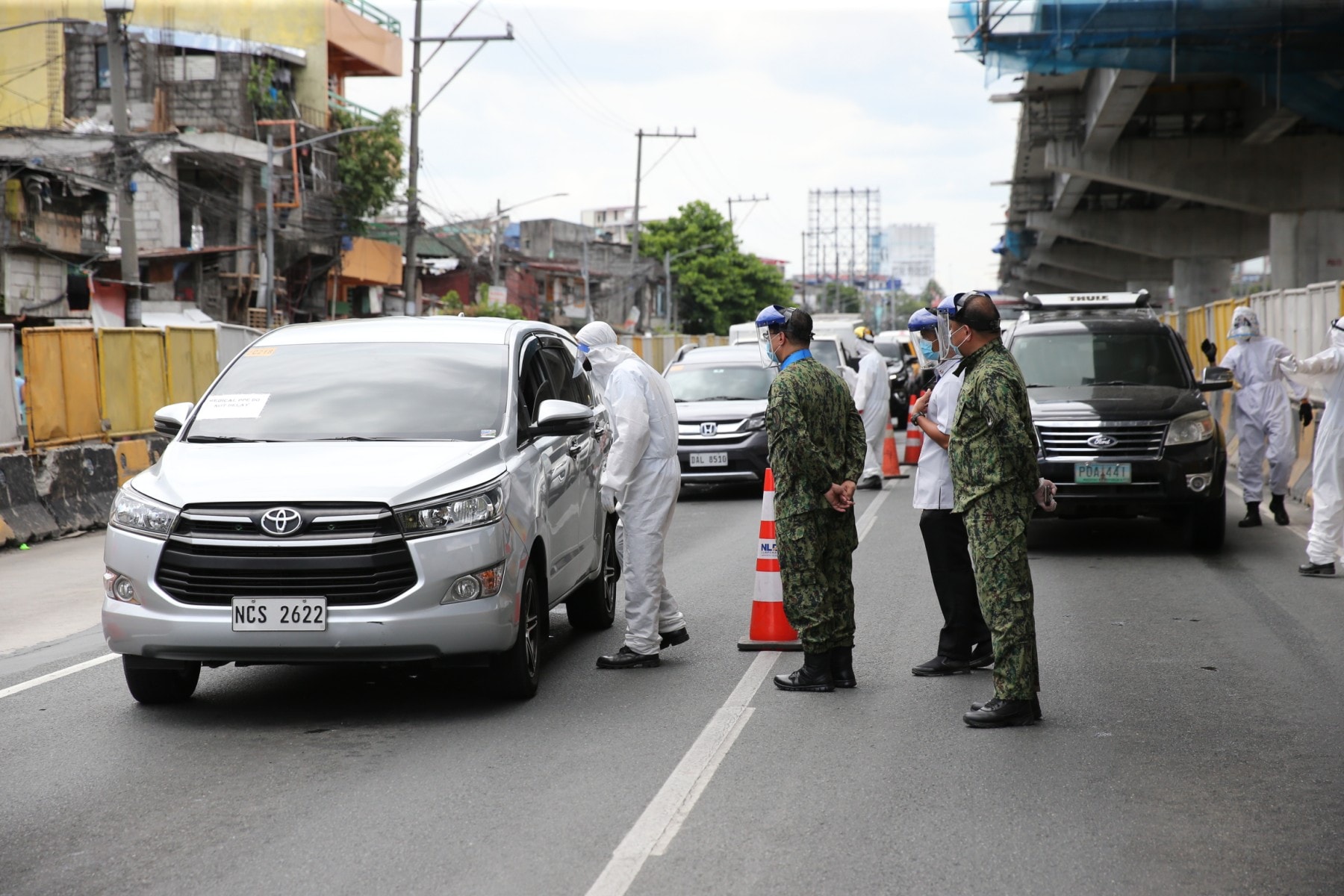If there is one thing this government is good at, it’s coming up with rules that contradict each other.
After a high-ranking member of the police force said that quarantine passes are no longer needed to leave one’s home, the Department of Interior and Local Government announced yesterday in a statement that local government units (LGUs) can make them necessary if they choose to do so.
Read: Quarantine passes no longer required during general community quarantine, says top cop
Let’s hear it from Interior Secretary Eduardo Año, who said in Filipino and English, “You no longer need a quarantine pass to leave your homes but this is not an ‘unli[mited]’ pass which would allow you to leave any time you wish. We will still implement curfew hours in LGUs and they can require quarantine passes in their respective areas [if they want to do so].”
Wow. That’s gotta be one of the most confusing things said by this government. But let’s hear more from Año.
“The LGUs can still declare lockdowns and ask for a quarantine pass from residents of a village or subdivision which they think is a high-risk area. Because of this, we have told mayors to announce on their social media pages or through other means if they still require people to use quarantine passes to enter [or exit] certain areas,” the secretary said.
Año’s baffling announcement stands in direct contradiction to what Lt. General Guillermo Eleazar, the police head of the Joint Task Force COVID-19, said last week, where he categorically stated that quarantine passes are no longer necessary. And Eleazar is not just the top cop who announced this: the country’s police chief General Archie Gamboa said the same thing in his virtual presser last week.
Turns out there are exceptions.
Read: Metro Manila put under general community quarantine despite spike of COVID-19 cases
But anyway, Interior Undersecretary Jonathan Malaya said that those wishing to go to other provinces or towns need to present a travel pass to police checkpoints. The travel pass can be obtained from the police upon the presentation of a medical certificate.
“It’s a different issue if they are crossing provincial or regional borders because a travel pass is necessary. We are still in a public health emergency and the government still controls the movement of people so that the virus doesn’t spread,” Malaya said.
“[But] for workers who need to cross a province or region to go to their workplaces, they just need to present their company ID or documents that can prove that they need to travel,” the undersecretary added.
The police, meanwhile, will conduct random checkpoints to ensure that only authorized persons are outside their homes.
“Again we are asking the public to follow all the rules of their LGUs and the national government. The laws that we are implementing are for everyone’s good,” Malaya said.
“Let’s not be complacent and relax. Let’s follow health protocols such as constant washing of the hands, wearing a [face] mask, and [practicing] physical distancing. We are trying to avoid going back square one where there will be an increase of COVID-19 cases,” he added.
Well, the Philippines hasn’t really left square one. Things are even direr compared to where we were back in March, when the quarantine started.
Take this for example: as of yesterday, there are a total of 18,086 COVID-19 cases with 957 deaths and 3,909 recoveries, giving the country one of the highest case fatality rates in Southeast Asia. While this is all happening, the Department of Health has tweaked its reporting and is now differentiating “fresh cases” from “late cases,” a move widely criticized by the public.
The government defines a case as “fresh” if the patients learned about their coronavirus test results within the last three days. Meanwhile, results that were released to a patient four days ago or more were classified as “late.”





Reader Interactions